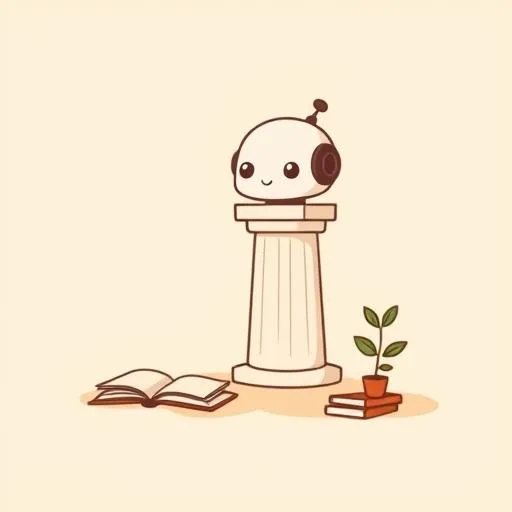
Can you believe it? The same place that brought us Socrates and Aristotle is now welcoming ChatGPT into classrooms! When I read about Greece partnering with OpenAI to bring AI tools into secondary schools, I couldn’t help but smile. It made me think—what does this mean for our little ones growing up in a world where algorithms might soon be as common as textbooks? With AI education becoming key, let’s explore its thoughtful integration.
Why Greece’s AI Leap Feels Like a Modern-Day Odyssey?
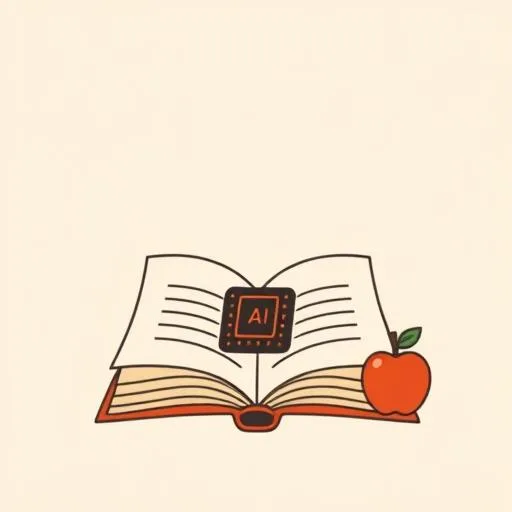
There’s something poetic about Greece—the birthplace of Western education—leading this charge. As OpenAI’s Chris Lehane noted, this is where Plato’s Academy and Aristotle’s Lyceum first ignited minds thousands of years ago. Now, they’re piloting ChatGPT Edu in schools, starting with teachers from diverse backgrounds.
It’s not just about giving kids flashy tools; it’s about building AI literacy from the ground up, helping educators work smarter and integrate these technologies responsibly. Honestly, that approach warms my heart—it’s not replacing teachers but empowering them, much like how we parents guide our kids through new experiences rather than just handing them devices.
What really strikes me is how they’re focusing on responsible integration. They’re not throwing AI at students and hoping it sticks; they’re training teachers first, ensuring that this powerful technology enhances learning without overwhelming it. It reminds me of teaching my daughter to ride a bike—you start with training wheels, hold the seat steady, and cheer her on until she finds her balance. Greece is doing the same with AI, and that thoughtful pacing? Total game-changer. This approach to AI education ensures kids learn safely and effectively.
Beyond Schools: How This Partnership Fuels Tomorrow’s Innovators?
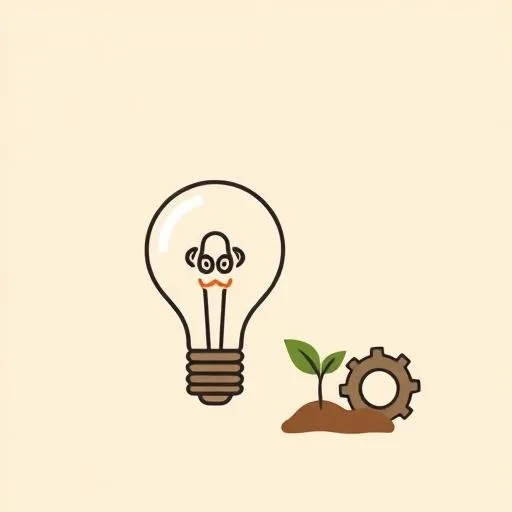
Here’s the thing—this isn’t just about classrooms. The partnership extends to small businesses and startups, particularly in fields like healthcare and climate change. Greece’s weekly ChatGPT users have skyrocketed seven-fold in the past year, and now they’re channeling that energy into economic growth. It’s like planting seeds of curiosity and watching them bloom into real-world solutions.
For our kids, this signals a shift toward future-proof skills. They won’t just be consumers of technology; they could be the ones designing solutions for real-world problems. Imagine a generation that grows up tinkering with AI the way we played with LEGO—building, experimenting, and learning through hands-on discovery. That’s the kind of playful exploration that sticks, fostering creativity and resilience without the pressure of formal structures. It’s about making learning an adventure, not a chore. Embracing AI education early can open doors to innovation and growth.
What This Means for Our Living Rooms: Balancing Screens and Sunshine?
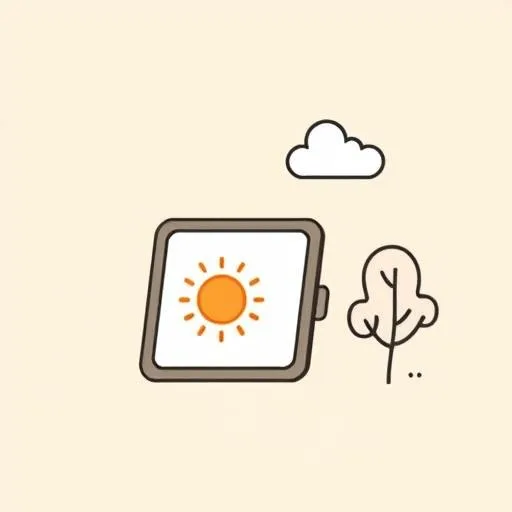
Now, I know what some parents might be thinking: “More screen time? Really?” But here’s the twist—Greece’s approach emphasizes balance. They’re not swapping recess for chatbots; they’re weaving AI into education to free up time for what matters—discussions, critical thinking, and yes, play. It’s like using a GPS on a family road trip: it handles the directions so you can focus on singing silly songs and spotting cloud animals together.
For us at home, this partnership offers a blueprint. We can introduce AI as a helper—maybe using it to spark creative story ideas or explore science questions—while still prioritizing unstructured play outdoors. Think of it as another tool in the parenting toolkit, like crayons or building blocks. The key is mindful use: setting boundaries, co-exploring with our kids, and always bringing it back to real-world connections. Why not try asking ChatGPT for a fun fact about dinosaurs during dinner? It might just lead to a lively chat over dessert! This balance in AI education helps kids thrive without losing touch with reality.
Food for Thought: Nurturing Curiosity in an AI World?
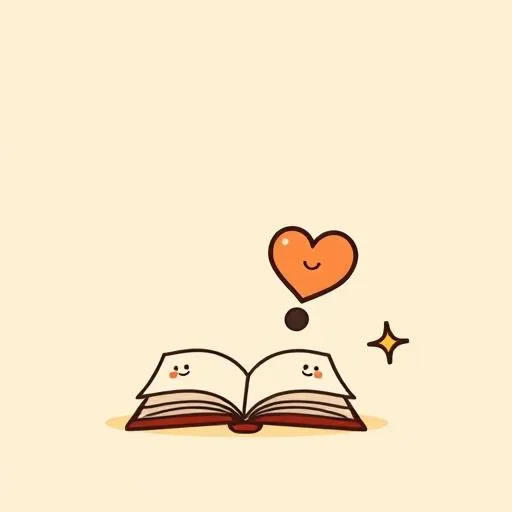
As Greece embarks on this pilot, it leaves us with some juicy questions to chew on. How do we ensure that AI enhances rather than replaces human connection? How can we foster empathy and ethics alongside tech skills? These aren’t just questions for policymakers; they’re for every parent wondering how to prepare their child for a future we’re still imagining.
One thing’s for sure: the goal isn’t to raise little coders but to nurture curious, kind humans who can navigate change with grace. Let’s take a page from Greece’s playbook—start small, focus on literacy, and keep the joy of learning front and center. After all, the best education doesn’t just fill minds; it ignites hearts.
I’m excited to see how small experiments with AI at home can spark big ideas. Reflecting on AI education, what small step can you take today to foster that curiosity at home?
Source: Greece, OpenAI agree deal to boost innovation in schools, small businesses, Economic Times, 2025/09/05 16:16:45
